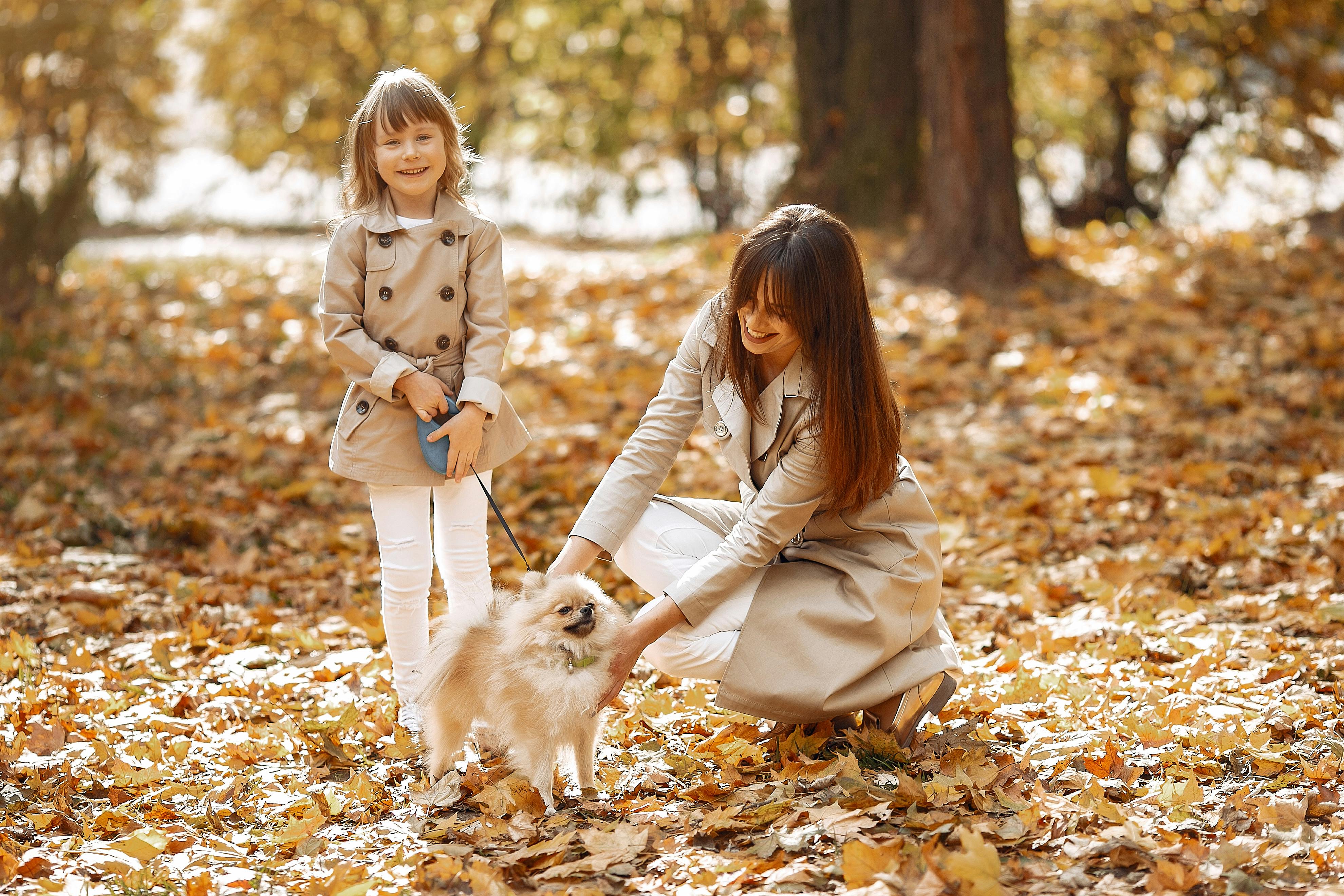
The old way and the new way
I stepped out onto a polished wood floor in a small dojo in Japan, where a karateka had trained before me. It was intimidating in a way that I had never experienced in a UK dojo before. The sensei stood in front of me looking at me, suddenly he slapped me on the chin and leaned back on my shoulder correcting and criticizing me for showing bad technique, the truth is that these are the classic methods of teaching an art in Japan It had been a long training session, all in contrast to many Western notions of instruction. Back in the UK, a senior Japanese instructor was heard telling another of his compatriots “as soon as I started seriously training them, a lot of the students left”. Those of us who have trained under the direction of a Japanese instructor (Sensei) know very well how relentless and intimidating they can be in their quest for perfection.
In short, most western budokas tend to be easier to carry, but get upset more quickly if criticized for any reason than their Asian counterparts. They generally view any form of criticism from a negative point of view. However, some of us traditional Budoka tend to view criticism from a positive point of view as a sign of sure progress, so to speak. In the dojo (training room) new students of karate or any other martial artist, should learn that criticism should not be confused with intimidation or disparagement from their instructor or another top karateka. They are commended for their achievements so far in their training and also to remind them that there is always more to learn. They must also understand that it is just one more step to the top of the mountain, although what really counts is the journey to get to the top.
Simply put, if the student really wants to become a dedicated karateka, he must learn traditional values, etiquette and respect both in the dojo and outside. In addition to that, to reach the degree they will have to train hard and regularly to reach the high level required to become a true karateka. The truth is that karate is not just about competitions, medals and trophies. But it becomes a lifelong struggle for some and often with oneself. If they accept all of that, then it is a good foundation for success as a karateka. Also, regarding attitude, please understand that you do not have friends within the dojo, if you do then you are not training with the correct attitude or state of mind. In the dojo it is war and you must compete against others and against yourself to improve yourself, friends are outside the dojo.
That’s the way I see it, I know this attitude may seem a bit harsh to some, but I am a traditionalist and I believe in the old ways of karate training, I know there will be a lot against this point of view, also One thing is for sure, karate has changed a lot since I started training. Last but not least, all karatekas sometimes overlook the fact that karate has so much more to offer than competition, the fight for real karate is below the surface, you can’t see it, but with In time a traditional karateka will discover the hidden secrets of his chosen art. . If you approach your training with faith and that the dojo is for training, not socializing, then you will find yourself among those true followers willing to wait patiently at the door. Ko-Do to Shin-Do: The old way and the new way.
Stay safe.